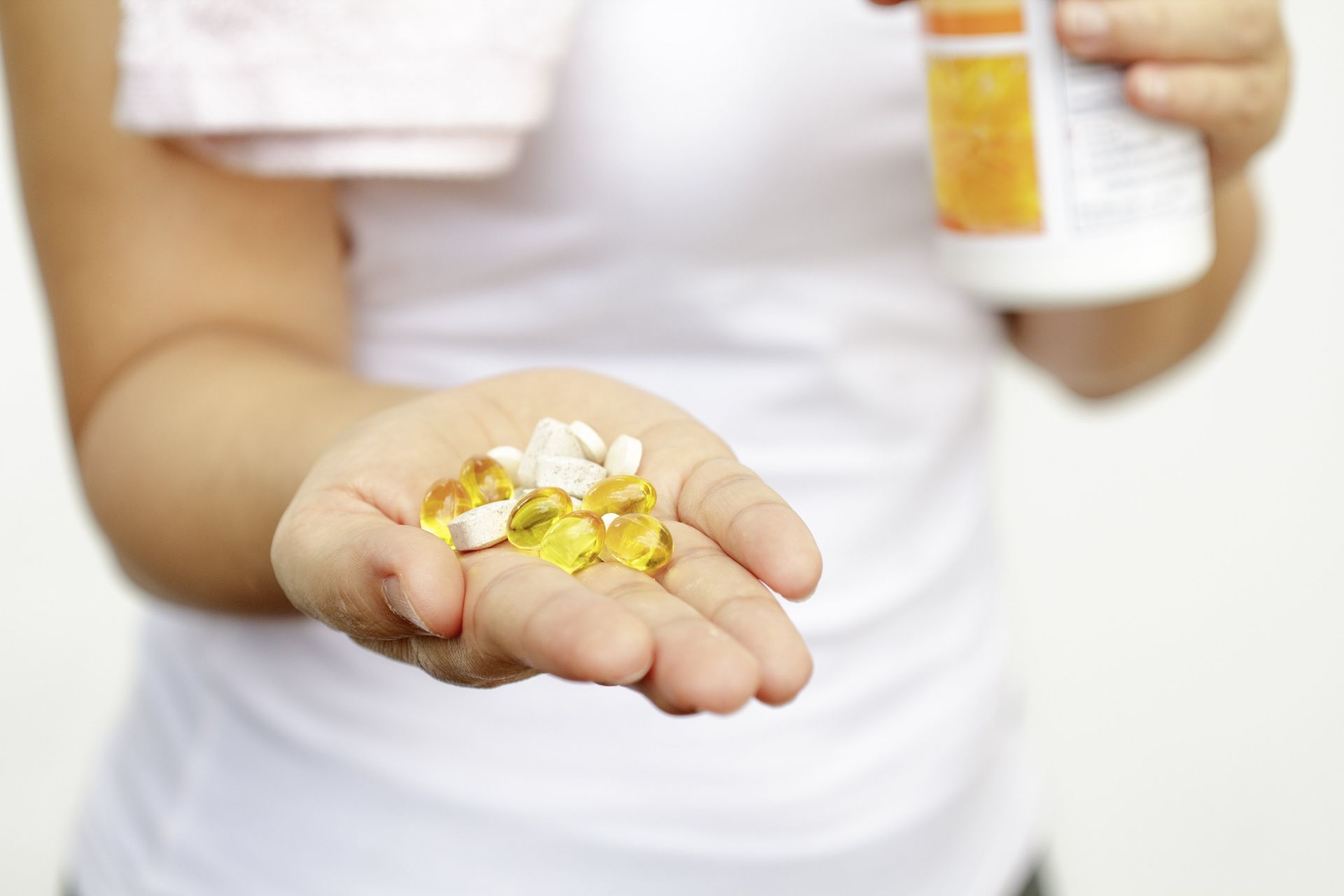Women’s Health and Vitamins

It’s hard to stay on top of getting the recommended daily allowance of vitamins as part of nutrition in our hectic lives. Further, we’re constantly bombarded with products that contain specious claims as to efficacy of vitamins. Women have different needs from men as well. Here are some good sense guidelines to stay on top of your vitamin needs in a reasonable, sensible manner.
The Big 3 – Iron, Calcium, and Vitamin D
While all nutrients are important, these 3 nutrients are especially important for women.
Iron – The national institutes of health recommends 18 mg of iron daily, with increased dosages for woman with heavy periods. Too little iron can create conditions of anemia and weakened immune systems in women.
Vitamin D – Vitamin D is something of a miracle vitamin – it’s capable of reducing risk of breast cancer by as much as 50%, it can offer protection from diabetes, and help prevent ovarian cancer. Vitamin D also is essential in muscle function and absorption of calcium. Finally, Vitamin D helps battle depression. The daily recommended dosage is between 1,000 and 2,000 mg.
Calcium – Calcium is essential because women start losing bone density in their early twenties. Women should start with a daily dose of 1,000 mg of calcium immediately. Even though cheese, yogurt and milk all contain calcium, a daily supplement is also beneficial on top of that. Calcium is great for nervous system health and healthy teeth.
Other nutrients
While the top 3 are the most important, women should also think about other nutrients as well:
B vitamins (B9, B12, B2) – B vitamins are important for both young women (who need B9, which guards against cancer and birth defects) and expectant mothers). The B vitamins help maintain mental alertness (B12) and as well as metabolism and muscle tone (all B vitamins). Most B vitamins can be found in a cup of morning cereal, but a reasonable women’s multi-vitamin taken once daily will usually cover this.
Vitamin C – While not the cold fighter that folk lore claims it to be, Vitamin C is actually great for long term immune system health, prevent heart disease, and event help cub eye illnesses. It also helps wounds heal faster and fends off wrinkles(!) The recommended daily dosage of C can usually be found in a single orange, a red pepper or a cup of broccoli.
Usually, most of these can be covered with an over the counter woman’s daily vitamin supplement. When getting a standard health exam, you can ask your general practitioner to check for vitamin levels as part of your blood draw. You can pass these results over to your gynecologist and other specialists who can then make specific recommendations for your diet and lifestyle.
